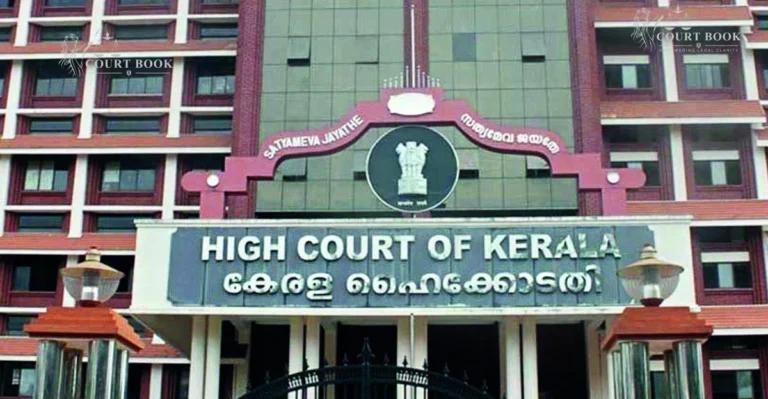The Kerala High Court recently ruled that a tenant ordered to pay increased fair rent should not be unfairly burdened with a substantial backlog of rent arrears caused by procedural delays in judicial proceedings. The court emphasized that a fair and practical approach must be taken to prevent tenants from facing financial distress due to circumstances beyond their control.
In its decision, the High Court referred to the ruling in Irvin John Jayarajan & Others v. Madhavi alias Narayani Amma (2022) and reiterated that the four-month time limit prescribed under Section 24 of the Rent Control Act for resolving rent control cases applies not only to the Rent Control Court but also to appeals and revisions.
A Division Bench comprising Justice A. Muhamed Mustaque and Justice P. Krishna Kumar noted:
"Burdening a tenant with a lump sum liability contradicts the fundamental purpose of the Rent Control Act, which aims to protect tenants from exploitation."
The court observed that procedural inefficiencies and judicial backlog often delay such proceedings for years. As a result, by the time the higher court upholds the fair rent order, tenants may be required to pay a massive amount of accumulated arrears, leading to financial strain.
“One of the key objectives of the Rent Control Act is to maintain a fair balance in landlord-tenant relationships. However, delays in legal proceedings cause unintended hardships to tenants, compelling them to pay a large sum at once, which defeats the very purpose of the law.”
Read Also: Kerala High Court Issues Notice On Plea To Quash CBI Chargesheet In Walayar Rape-Death Case
Case Background
In the present case, the tenant had been paying a rent of ₹3,000 per month for a commercial space. However, in 2021, the Rent Control Court increased the rent to ₹30,000 per month based on a fair rent assessment. The landlord justified this hike by citing similar rents in the area and relying on a commission report analyzing nearby rental rates.
Aggrieved by the decision, the tenant challenged the order in the Kerala High Court. The court acknowledged that such a steep increase—ten times the original rent—could cause undue financial hardship. After reviewing factors such as the building's condition, lack of parking facilities, and road congestion near the premises, the court deemed the ₹30,000 rent to be excessive and reduced it to ₹20,000 per month.
Since the Rent Control Court's order came in March 2021 and the High Court's decision was delivered in 2025, four years had passed, leading to a significant backlog of unpaid rent. The court noted that delays in appeal proceedings often lead to large accumulated dues, making it difficult for tenants to comply.
Read Also: Kerala High Court Refuses to Quash ED Chargesheet in CSI Medical College Corruption Case
"The unintended consequence of judicial delay goes against the spirit of the Rent Control Act. Courts must adopt an equitable approach to ensure tenants are not unfairly burdened due to procedural inefficiencies."
To mitigate this issue, the High Court ruled that the accumulated arrears should be paid in 12 equal monthly installments, along with interest at 6% per annum, rather than demanding a lump sum payment.
The court further stressed the need for strict adherence to statutory timelines in fair rent proceedings. It warned that prolonged legal battles lead to unnecessary financial hardships for tenants and urged courts to adopt proactive measures.
“Procedural delays should not translate into unfair liabilities for tenants. Courts should ensure rent disputes are resolved within the prescribed timelines to avoid undue financial burdens.”
The Kerala High Court modified the Rent Control Court’s order, fixing the fair rent at ₹20,000 per month from March 2021. Additionally, the court allowed the tenant to clear the outstanding arrears in twelve equal installments, ensuring financial relief while maintaining fairness for both parties.
Case Title: P J Francis v C D Jose
Case No: RCREV. NO. 215 OF 2024















